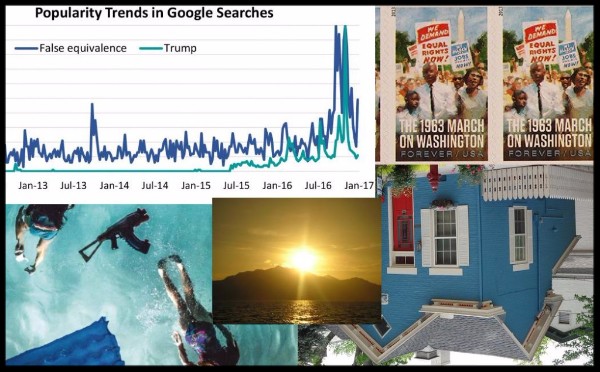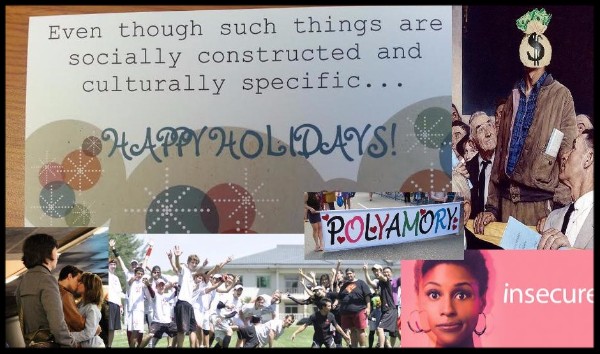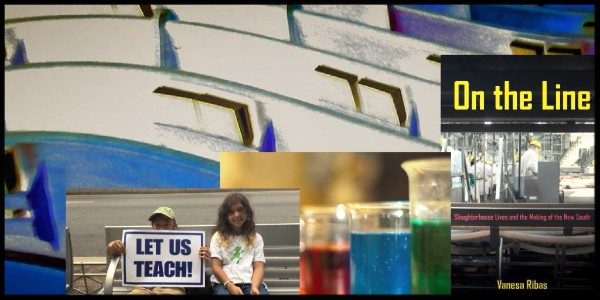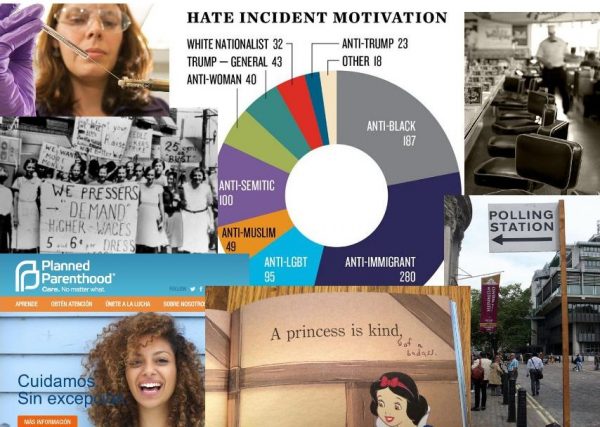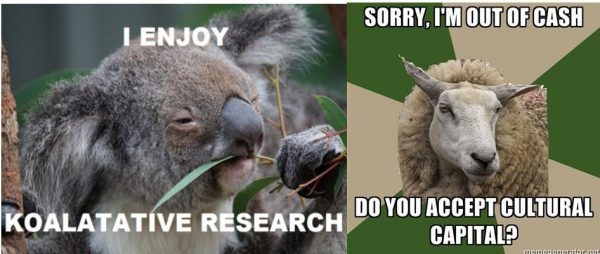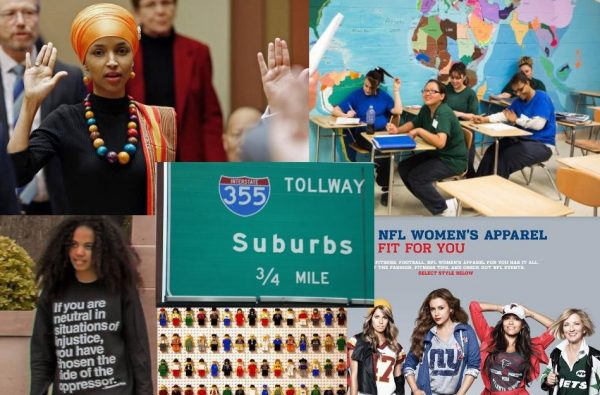
Well, we’re in for six more weeks of winter, which was probably the case for us Minnesotans anyways, so stay warm out there. This week we’ve got a new special feature on educational programs in prisons, summaries of research on commutations and a new form of residential segregation, and various reflections on how the Trump administration has and continues to negatively affect socially and economically marginalized groups.
TSP Specials:
“The Return of Rehabilitation? Educational Programs for Prisoners Remain Inadequate,” by Michelle S. Phelps. New findings from the PIAAC study reveal that prisoners are reporting more participation in academic and vocational training, but the majority of them are unable to access any programs.
There’s Research on That!:
“Misaligned Morality in Poverty Policy,” by Evan Stewart. Moral narratives about the “deserving poor” bias our thinking about people who experience poverty, and they have a big impact on our social safety net policies.
“Pardons, Commutations, and the Distribution of Clemency,” by Ryan Larson and Veronica Horowitz. In light of Obama’s pardons and commutations upon leaving office, we round up research on who gets pardoned and who is more likely to do the pardoning.
Discoveries:
“Minority Men doing ‘Women’s Work’,” by Allison Nobles. New research in The Sociological Quarterly finds that all groups of racial minority men are more likely than white men to work in female-dominated jobs.
Clippings:
“White Americans Self-Segregate Amid Neighborhood Diversification,” by Caity Curry. Vox draws on numerous sociological studies in this piece outlining a new and different form of “white flight.”
“PTSD in the Media,” by Edgar Campos. Ardath Whynackt talks to CBC Radio about the pitfalls of focusing on PTSD as the sole driver of violence among veterans.
From Our Partners:
Contexts:
“Women’s March: Big Tents Require Both/And,” by Brittany Dernberger.
Scholars Strategy Network:
And a Few from the Community Pages:
- Engaging Sports discusses sexism and the Super Bowl and race and recruiting on football message boards.
- Families As They Really Are explains how Trump’s tax proposals will affect single working mothers.
- Center for Holocaust and Genocide Studies talks Trump’s approach to Holocaust Remembrance Day and how Minnesota Somalis are fighting back against Trump’s immigration ban.
- Girl w/Pen! challenges stereotypes about conservative religion and sexuality.




